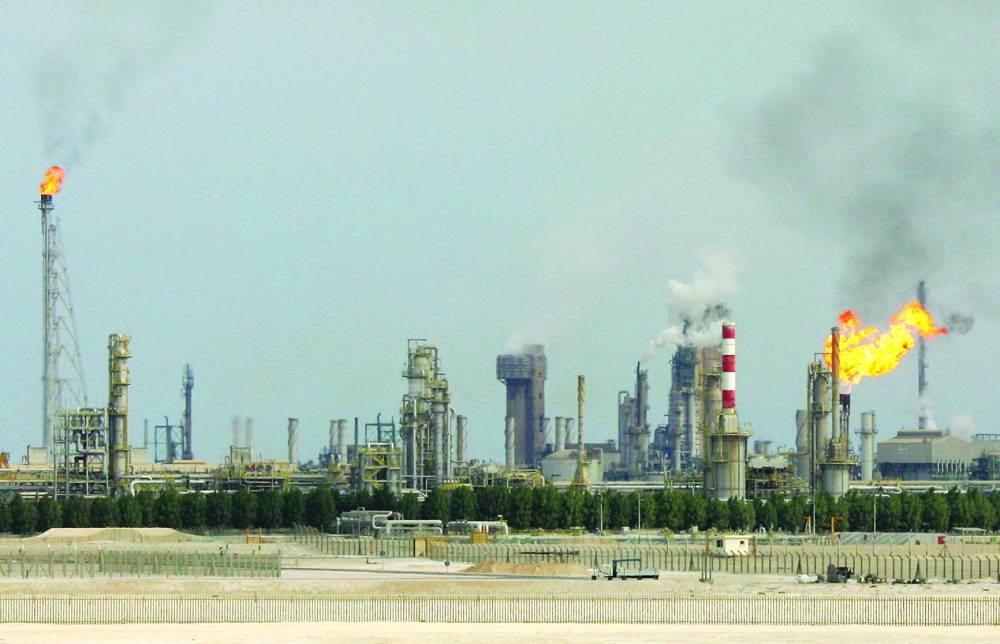Qatar is slated to lead the Gulf Co-operation Council (GCC ) in real oil gross domestic product (GDP) growth this year with a 1.4% jump against a 3.2% fall in the region, according to the International Monetary Fund (IMF) data.
Four out of six of the GCC countries are expected to witness contractions in their oil GDP growth in 2024: Saudi Arabia (-5%), Kuwait (-6.6%), Oman (-3.4%) and Bahrain (-1%).
"Comparatively, Qatar is expected to lead in terms of real oil GDP growth at 1.4% in 2024, followed by the UAE at 0.3%," said Kamco Invest, quoting data from the IMF's latest Regional Economic Outlook.
The GCC oil GDP growth is expected to recover in 2025 led by the UAE which is expected to witness 6.7% real oil GDP expansion in 2025, followed by the Saudi Arabia (+5%) and Kuwait (+4%).
In terms of non-oil GDP activity, the GCC region is expected to witness a relatively higher growth rate of 3.7% in 2024 supported by a 10-bps (basis points) growth rate upward revision, followed by 4% expected growth rate in 2025.
Despite a "significant" reduction in oil and energy export revenues, the GCC countries continue to maintain their economic diversification and reform projects, which underpin the expected growth of the region’s non-oil economy, Kamco Invest said.
The IMF expects the UAE to lead in terms of non-oil GDP growth in the GCC region in 2024 at 5.3% followed by Bahrain (+3.8%) and Saudi Arabia (+3.7%).
The GCC real oil GDP growth is expected to contract by 3.2% in 2024 after a 5.8% contraction in 2023. Headline GCC oil GDP forecast for 2024 was lowered by 210-bps, due to the expectation that the voluntary oil production cuts will remain intact until the end of 2025. Opec+ has lowered their world oil demand forecast for 2024 and 2025 for three consecutive months.
Highlighting that the GCC inflation continues to remain subdued; Kamco Invest said it is expected to continue to decrease gradually from 6.7% in 2023 to 5.8% in 2024 and 4.3% in 2025.
However, the rate of decline in headline inflation is expected to be different for the different regions in the world with advanced economies poised to witness faster inflation decline as compared to emerging markets and developing economies, it said, adding the decline of global inflation was supported by lower oil prices coupled with a faster than expected decrease of global food commodity prices.
"For the oil exporting countries in the region, especially the GCC, inflation remains subdued during 2024 with almost all the GCC countries witnessing inflation rates of under or near 2%. Comparatively, inflation in the wider Mena (Middle East and North Africa) regions is expected to remain in double digits till 2025," it said.
Finding that currently ongoing conflicts such as the war on Gaza and Lebanon have exacerbated heightening uncertainty, disrupting trade routes and displacing people from their dwellings; Kamco Invest said the volume of container shipping that passed through the Suez Canal was over 70% below the pre-conflict levels as most of the trade has been re-routed around the bottom of Africa in the Cape of Good Hope.

An oil refinery on the outskirts of Doha (file).

